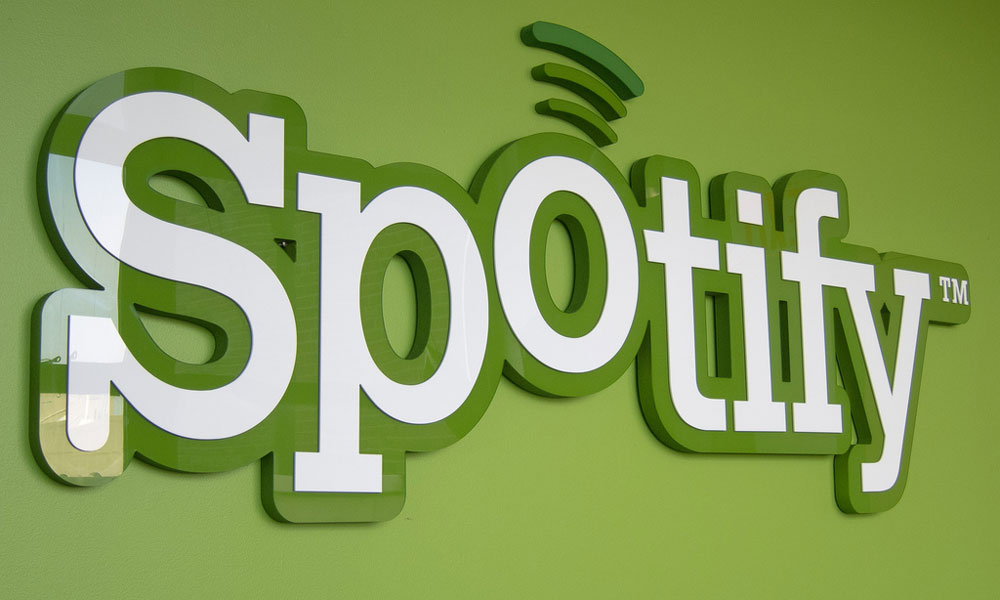
Spotify Cuts Deal With Music Publishers Over Lost Royalties
In a groundbreaking settlement with the National Music Publishers’ Association, Spotify has pledged to pay at least $21 million in royalties and penalties to music publishers and artists. But a law firm representing the class action against the streaming service suggests that artists should hold out for more.
The National Music Publishers’ Association (NMPA) won one for the little guys this week. But some of the little guys aren’t so convinced.
The association announced a settlement with Spotify to help pay back a portion of the royalties owed to music publishers and songwriters for songs, including “unmatched works”—that is, music for whom the original owner hasn’t been found. According to The New York Times, music publishers who accept the deal will get royalty payments from the $16 million to $25 million fund, in addition to a share of the $5 million bonus fund.
In a news release, NMPA President and CEO David Israelite said that the deal meets the association’s goal of ensuring that “publishers and songwriters receive the money they deserve” from the music they create. But Israelite said that the association won’t rest on its laurels after reaching a successful deal.
“We must continue to push digital services to properly pay for the musical works that fuel their businesses, and after much work together, we have found a way for Spotify to quickly get royalties to the right people,” Israelite said in a statement. “I look forward to all NMPA members being paid what they are owed, and I am excited about the creation of a better process moving forward.”
Jonathan Prince, Spotify’s global head of communications and public policy, added that the service has “always been committed to paying songwriters and publishers every penny,” and that the NMPA agreement sets the stage for future collaborations.
A Lawsuit, Unsettled
The Times reports that the deal is likely to set a path for future deals with other music-streaming services that are facing lawsuits from music publishers.
If it does, though, there’s likely to be a hitch, and that hitch will come from the fact that artists and publishing firms are ultimately not required to agree to the NMPA deal. The settlement comes on the heels of a $150 million class-action lawsuit against Spotify, led by alternative rocker and prominent digital music critic David Lowery.
Michelman & Robinson, LLP, the law firm that is representing Lowery in the class action, released an advisory statement immediately before the NMPA deal was announced, noting that publishers that take part in the association’s settlement give up their right to take part in the class-action suit.
“As a result, if you accept the settlement that NMPA has negotiated, you will not be able to recover any monetary sum from the $150 million class-action suit against Spotify,” the law firm’s Mona Hanna wrote. “In addition, you will likely be required to waive any claims you have, or will have, against Spotify, eliminating your ability to sue them in the future.”
While a 2011 settlement between NMPA and another digital music provider, YouTube, largely earned support from music publishing firms, the law firm emphasized that the Spotify deal was different from the YouTube one.
“Importantly, that settlement was reached as part of a class action,” Hanna wrote. “As such, that settlement was submitted to and approved by an independent court.”
Spotify has already pushed for a dismissal of Lowery’s claim on jurisdictional grounds, but, according to Billboard, the settlement could prove the streaming firm’s best chance of taking the punch out of the class action, by limiting the number of parties taking part.
(Scott Beale/Flickr)






Comments